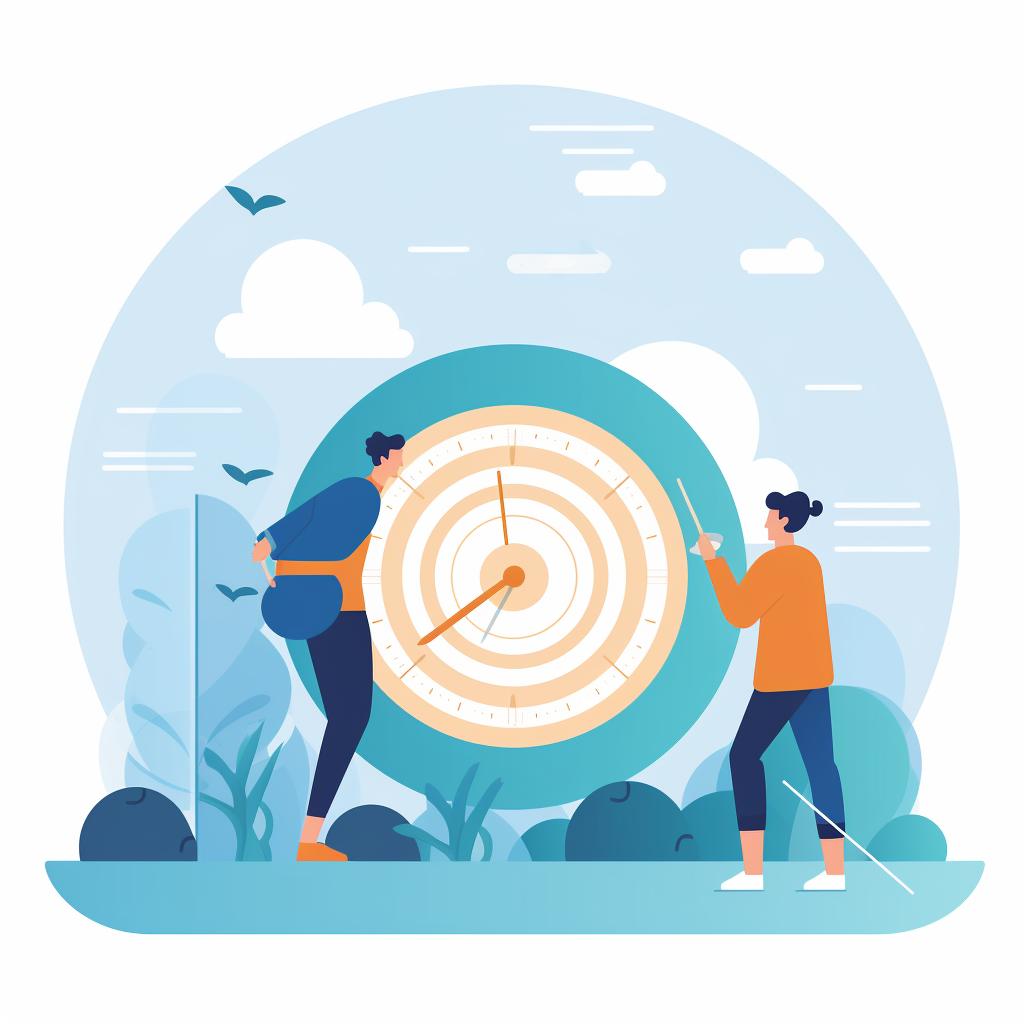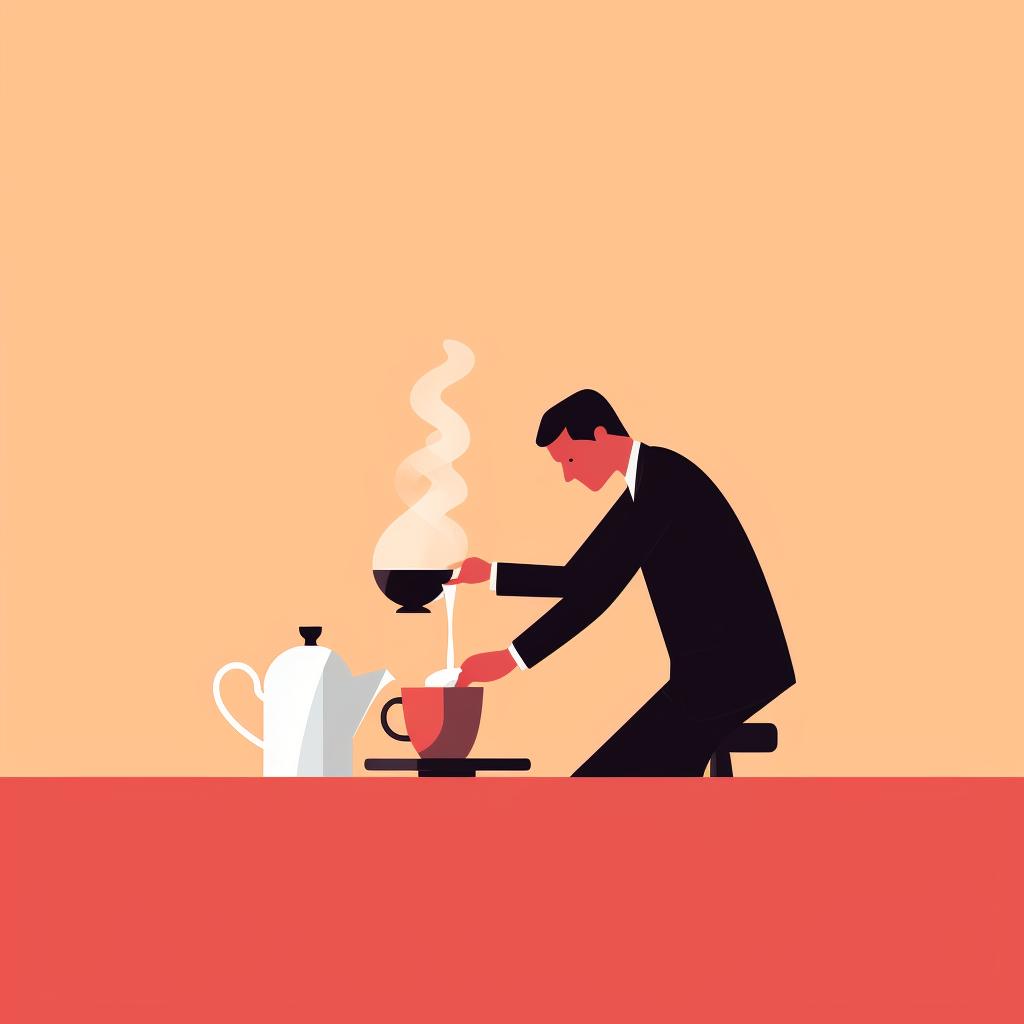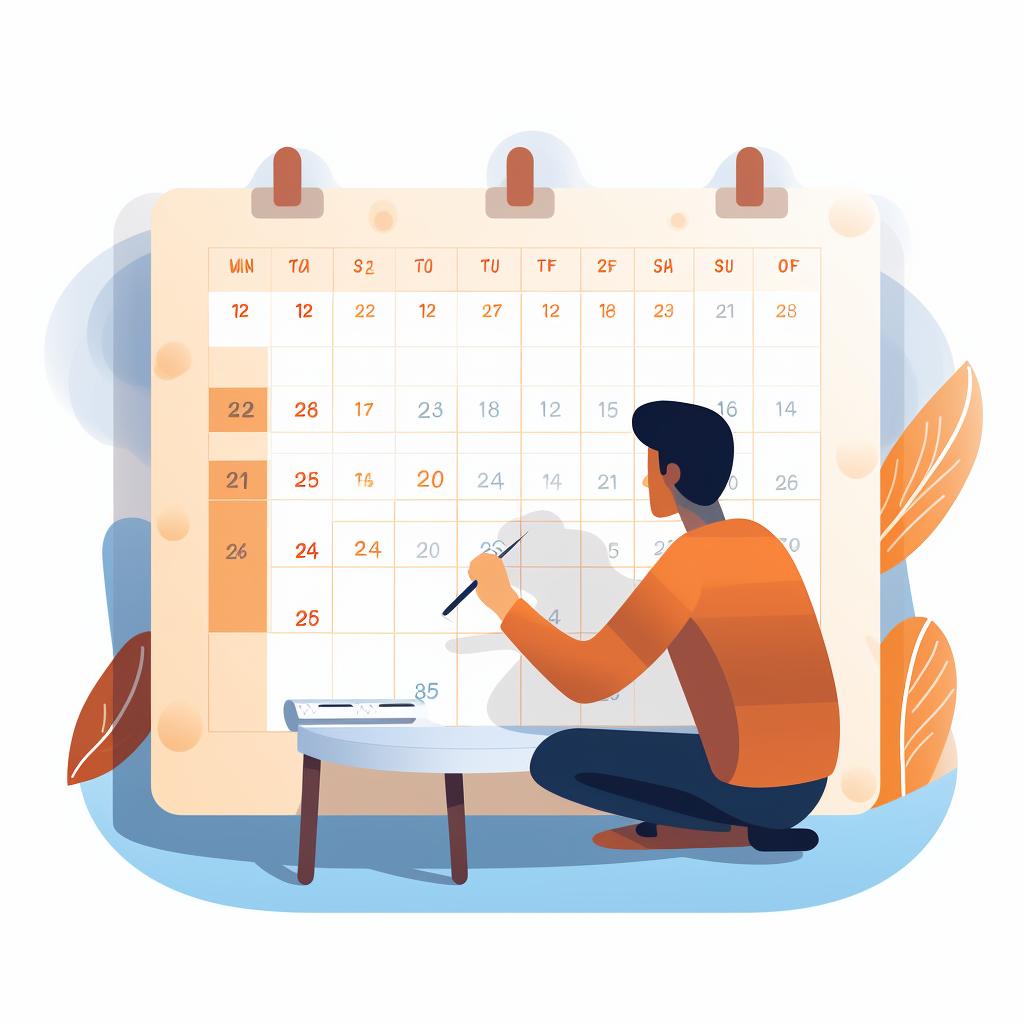How long can a coffee lover go without drinking coffee?
So, how long can a coffee lover go without drinking coffee? The answer to this question varies from person to person, depending largely on the individual's coffee consumption habits and their body's reaction to caffeine withdrawal. Generally, a regular coffee drinker may start experiencing withdrawal symptoms within 12 to 24 hours of their last cup, with the peak intensity occurring around 20 to 51 hours. However, these symptoms can last anywhere from 2 to 9 days, again depending on individual factors.
Let's Dive into Your Coffee Drinking Rituals ☕️
First, it's important to understand what drives our coffee consumption habits. For many, it's the rich aroma, the comforting warmth, and the invigorating jolt of energy that a cup of freshly brewed coffee brings. Yet, it's the caffeine in coffee that our bodies become accustomed to, and that some may even develop a dependence on. This dependence can lead to coffee addiction symptoms when one tries to cut coffee out of their routine.
How Well Do You Understand Your Coffee Consumption Habits?
This quiz will help you understand your coffee consumption habits and its effects on your body.
Learn more about How Well Do You Understand Your ☕ Coffee Consumption Habits? or discover other Real Coffee Club quizzes.
What Happens When You Hit Pause on Coffee? 🚫☕️
Going without coffee, especially for habitual drinkers, can lead to a range of withdrawal symptoms. These can include headaches, fatigue, decreased energy and alertness, depressed mood, difficulty concentrating, irritability, and even flu-like symptoms. It's important to note that these effects of not drinking coffee are temporary and will subside as the body adjusts to the absence of caffeine.
Duration of Common Coffee Withdrawal Symptoms
Surviving the Coffee Break: Managing Withdrawal Symptoms 💪
While the duration of coffee withdrawal varies, there are ways to manage these symptoms. Gradually reducing your coffee intake rather than abruptly stopping can help minimize withdrawal effects. Alternatively, switching to decaf or lower-caffeine beverages can also be beneficial.
Let's delve into a practical approach to manage your coffee consumption. Here's a step-by-step guide to help you gradually reduce your coffee intake:
Following these steps can help you manage your coffee intake effectively. Remember, the goal isn't to eliminate coffee completely, but to find a balance that suits your lifestyle and health.
How Long is Your Coffee-Free Journey? ⏳
The coffee detox duration refers to the period of time it takes for the body to completely eliminate caffeine and adjust to functioning without it. This period typically lasts between 2 to 9 days, but can vary based on individual factors such as metabolism, age, and the amount of coffee consumed regularly.
Based on your age, metabolism, and daily coffee consumption, we can estimate how long it might take for your body to completely detox from caffeine. Use the calculator below to get your personalized estimate.
Learn more about ☕ Coffee Detox Duration Estimator or discover other Real Coffee Club calculators.
Remember, this is just an estimate. The actual duration can vary based on other individual factors. Consult with a healthcare professional for more accurate information.
Welcome Back to Coffee: A Balanced Approach 🔄☕️
Once the withdrawal period is over, you might wonder how to reintroduce coffee without falling back into old habits. The key is moderation. Limiting your coffee intake to a reasonable amount, such as one to two cups a day, can help prevent dependency while still allowing you to enjoy your favorite brew.
Now that we've discussed the process of reducing coffee intake and dealing with withdrawal, let's dive into some frequently asked questions about healthy coffee consumption habits.
Remember, enjoying coffee is about balance and understanding your body's response to caffeine. Always listen to your body and adjust your coffee consumption accordingly.








